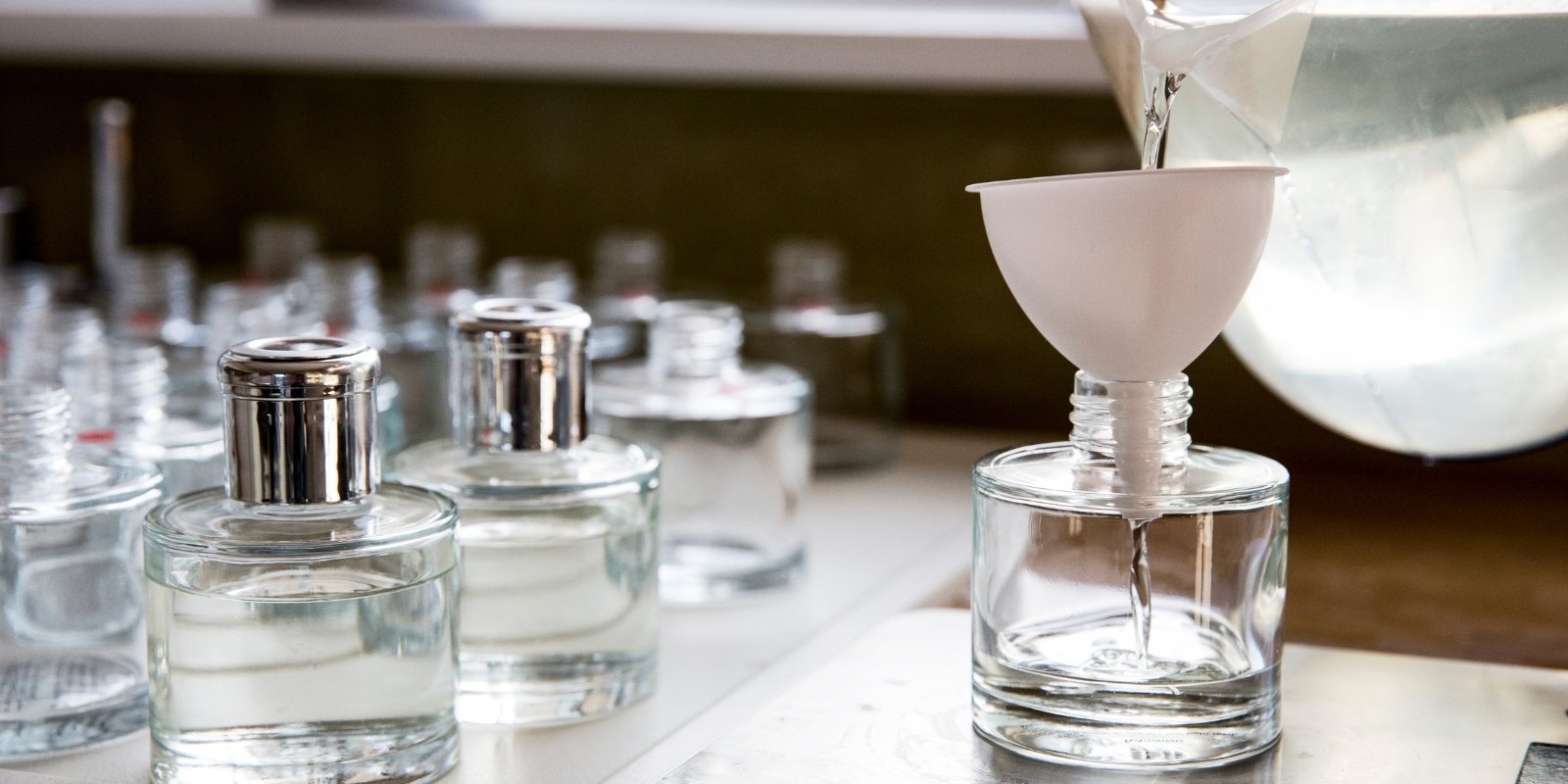When you’re looking at the ingredients of a perfume, you might only expect familiar names like rose, jasmine, bergamot, frankincense, etc. Then you notice names you have to squint at– methylionones, ethyl-maltol, evernyl, calone. They are synthetic ingredients, created in labs. Nature offers a multitude of wonderful fragrances, so why would perfumers use anything created in a lab? I can think of a few reasons why:
Longevity
Natural ingredients have a shorter shelf life than synthetic ones. As we move from a singular signature fragrance to a collection of fragrances for different occasions, it’s more important than ever to have them last longer in the bottle. A nice expensive perfume you wear only on special occasions shouldn’t go sour in the bottle before you’ve had the chance to fully appreciate it.
Uniformity
Natural ingredients are harder to control for quality. Perfumers may select for certain characteristics– grow the ingredient in a specific area with controlled temperature, soil conditions, waterflow, everything. But nature could easily decide to make her own reformulations to ingredients entirely out of human control.
Creative Control
Synthetic ingredients offer a better range of control for perfumers pushing the boundaries of the art. Fixatives are added to improve the tenacity of perfumes once worn. This doesn’t just help with making sure the fragrance lasts longer but also for the perfume to release certain scents over time. It makes for a layered and complex experience throughout the wear.
Range
The planet is blessed with an assortment of elements that come in a variety of wonderful smells. But what we got is all we have when it comes to natural ingredients. Synthetic ingredients help broaden the horizons of perfumery. A lot of natural ingredients do very well with support from synthetic ingredients, creating new dimensions to known and loved natural ingredients.
Isolation
Smelling a rose isn’t the same as smelling a rose perfume. A rose perfume could have other notes to add personality to the fragrance. You also don’t always smell the entirety of an ingredient used. Specific molecules that give an ingredient a facet of its fragrance are chemically isolated through processes such as fractional distillation and selective CO2 extraction. Both natural and synthetic isolates are used in perfumery. The latter pose challenges in the manufacturing process as they
Wildlife Protection
Musk came from the musk pod located under the abdominal skin of the male musk deer. Extraction requires killing of the animal, which only yields a few grams of the ingredient. The use of natural musks was banned in 1979 but there remains a worrying trend of poaching that could drive the animal into extinction. Today, synthetic musk notes are created in laboratories and are a more ethical and sustainable alternative.
Ecological Concerns
The popularity of certain fragrant ingredients in perfumery contributes to their overharvesting and hence depletion. Sandalwood, for example, is highly sought after for its rich, creamy, woody profile. Sandalwood trees take about 15-25 years to reach maturity, but have a lifespan of about a hundred years. This has led to unsustainable levels of harvesting at a rate higher than nature’s ability to replenish the resource. Osyrol, sandalore, and ebanol are some synthetic molecules used to replicate elements of the sandalwood fragrance.
Popular ingredients like rose, jasmine, and lavender require large quantities of raw material to extract small quantities of fragrant oil. Evidently, it requires large acres of land and water. Synthetic ingredients offer a more eco-friendly option to slow environmental degradation caused by over reliance of natural products.
Fantasy Accords
Fan of lily of the valley perfumes? Peach, tulip, orchid perfumes? Though these ingredients are found in nature, they cannot be extracted for perfumery. What you smell is a recreation born of the perfumer’s creative thinking. For some this might be disappointing news, but for others a work of art not unlike that of painters and musicians.
I have summarized the use of synthetic ingredients in a few easy to read points, but it’s a more complex issue. Synthetic ingredients are not a completely eco friendly option and come with their own disadvantages. To make the most informed decision when you buy perfumes online or in store, explore the subject deeper and understand its nuances.






